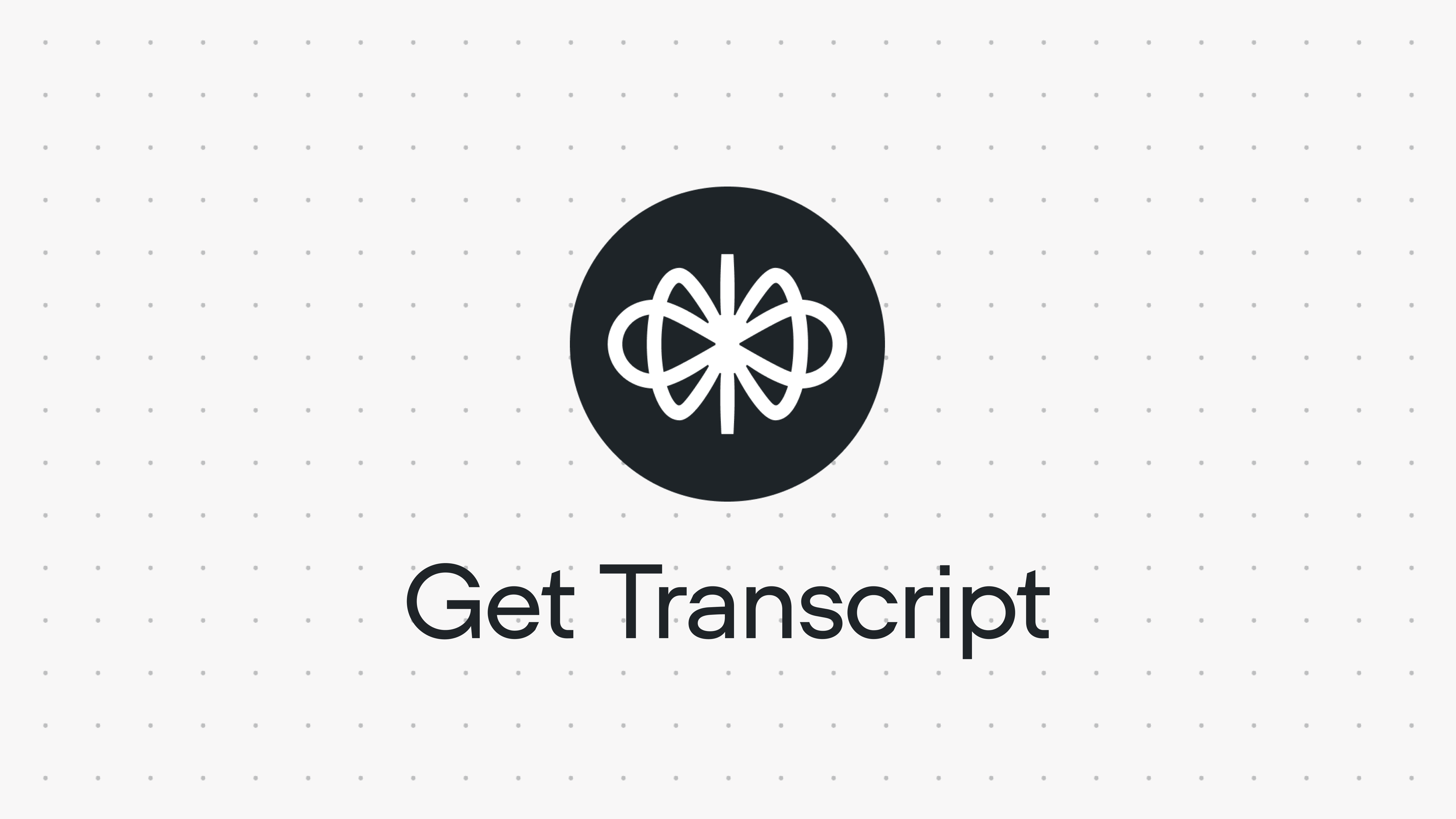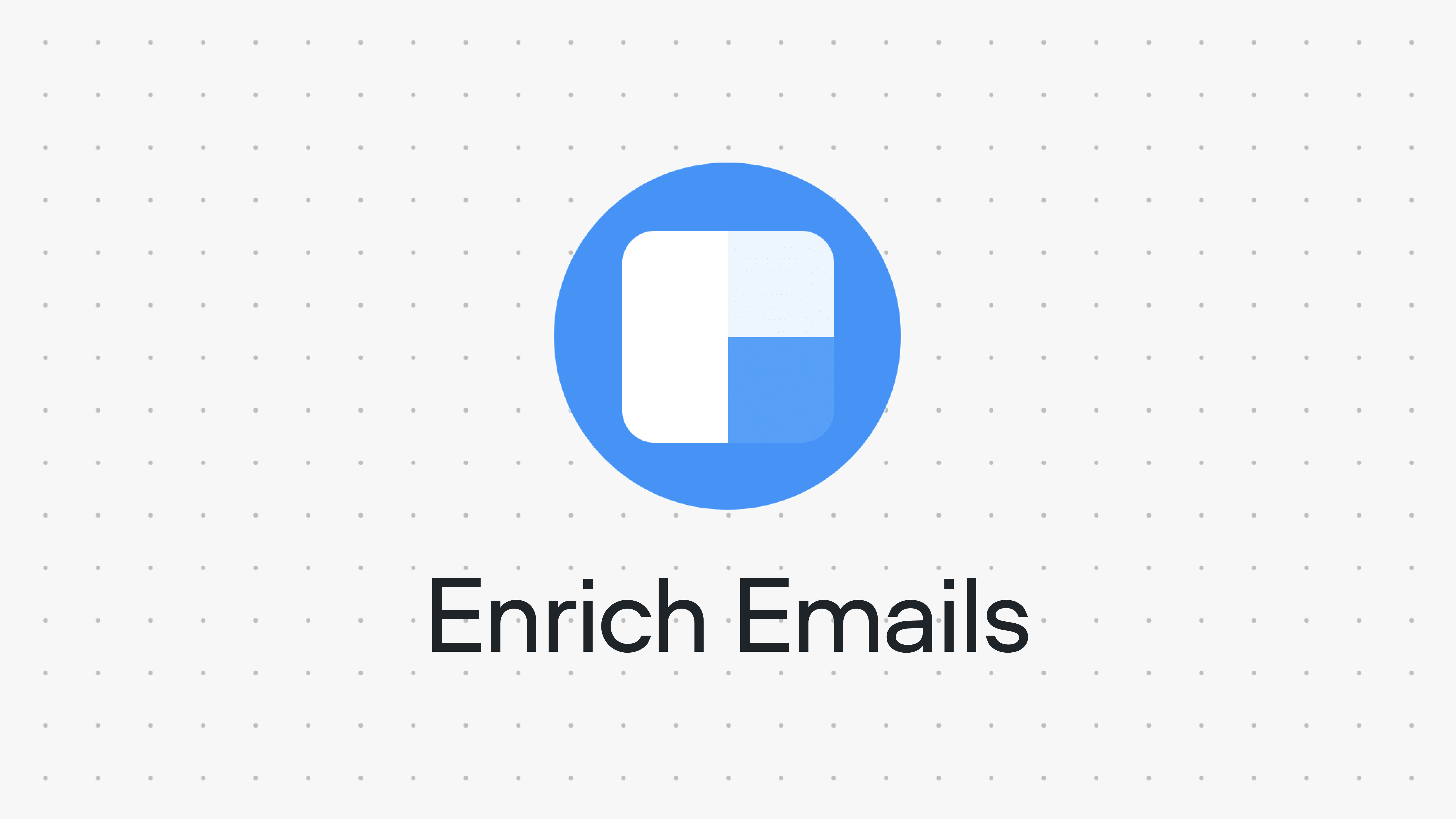export default async function main(args) {
const { ZDAPIKey, body, subject, customerEmail, customerName } = args.inputVars; //This is where you map the input variables you are importing
//Check if the user has inputted the required variables
if (!ZDAPIKey || !customerEmail || !body ) {
return {
//Returns the error path so we can continue the design
next: { path: 'error' },
//Renders a debug message in Voiceflow
trace: [{ type: "debug", payload: { message: "Missing required input variables for this function" } }]
};
}
//This creates and stringifys the body for our fetch request
const data = JSON.stringify({
"ticket": {
"comment": {
"body": body
},
"subject": subject,
"requester": { "name": customerName, "email": customerEmail }
}
});
//This defines the URL for our fetch request
const url = 'https://example.zendesk.com/api/v2/tickets'
//This packages the rest of the information for the fetch request for an example API call to Zendesk
const config = {
method: 'POST',
headers: {
'Content-Type': 'application/json',
'Authorization': `Basic ${ZDAPIKey}`, // Base64 encoded "username/token:apitoken"
},
body : data,
};
//This is where we made the fetch request, we use try-catch for error handling
try {
//Make the fetch request
const response = await fetch(url, config);
// Check if the response status is OK (status in the range 200-299)
if (!response.ok) {
// If not OK, throw an error to be caught by the catch block
throw new Error(`HTTP error! status: ${response.status}`);
}
//Map the fetch request response
const responseBody = response.json; //IMPORTANT: functions uses .json instead of .json() - see documentation for details
//Checks if the fetch request returned a body
if (!responseBody || typeof responseBody !== 'object') {
//If no body was returned, throw an error
throw new Error(`Invalid or missing response body from the API`);
}
//Map a value from the responseBody, we will use this as an output variable
const TicketID = responseBody.ticket.id
// Create the return objects if this is successfull
return {
//Map our output variables
outputVars: { ID: TicketID },
//Map the success path so we can continue in our flow
next: { path: 'success' },
//Render a text step that shows the ticket ID and displays a success emssage
trace: [{ type: "text", payload: { message: `Ticket Successfully Created with ID ${TicketID}` }}]
};
}
//Catches all the errors we threw and displays the debug message
catch (error) {
return {
//Maps the error path so we can continue in our design
next: { path: 'error' },
//Renders a debug message in Voiceflow with the error
trace: [{ type: "debug", payload: { message: "Error:" + error.message } }]
};
}
}











